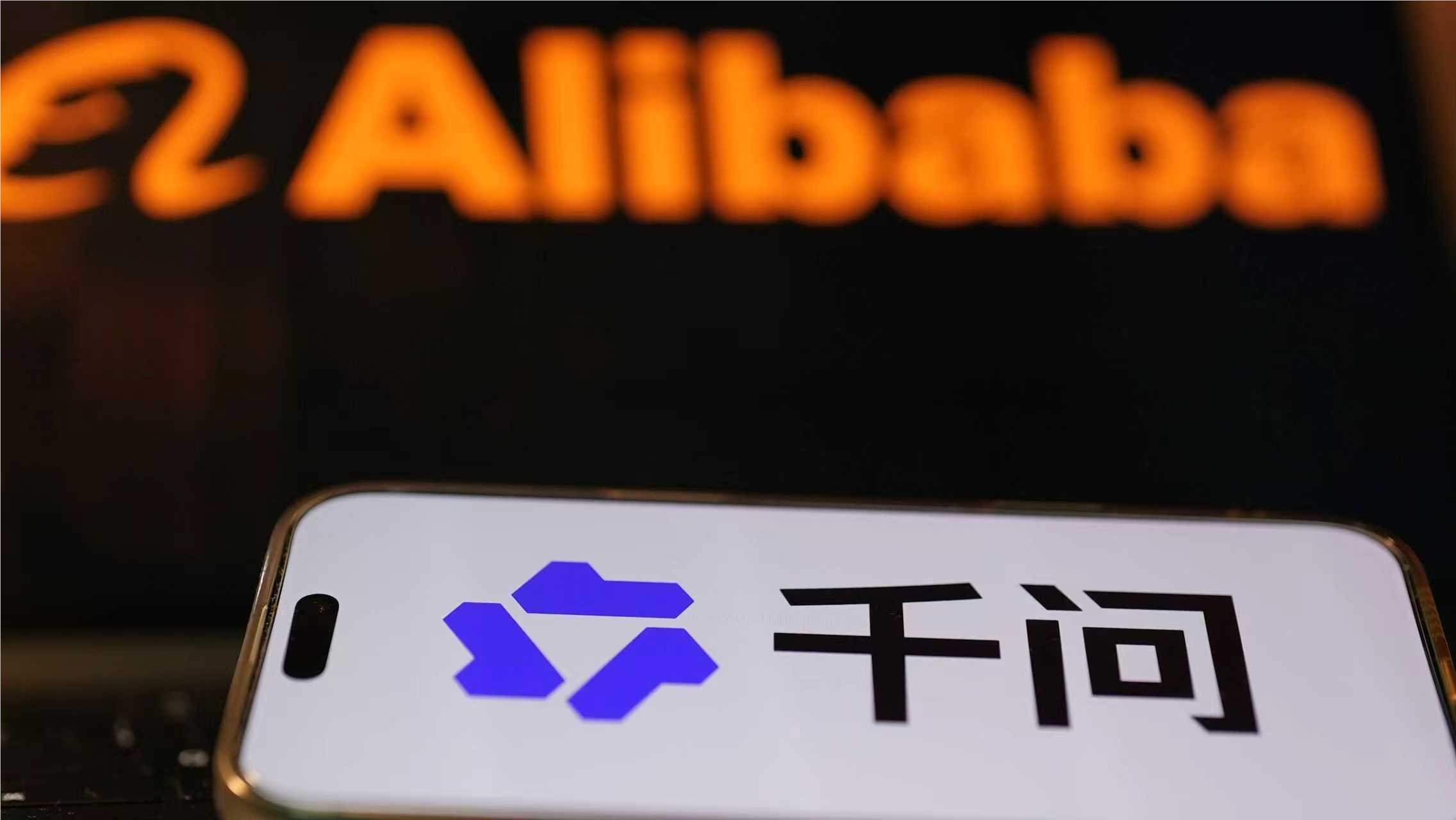Renowned author George R. R. Martin recently filed a lawsuit against OpenAI and Microsoft, claiming that the chatbot ChatGPT may have used his works for training without authorization. This accusation has attracted widespread attention, as Martin's "A Song of Ice and Fire" series is one of the most popular fantasy works today, and its TV adaptation "Game of Thrones" has become a global phenomenon.
Martin believes that ChatGPT can generate new book ideas that are extremely similar to his works, indicating that its training data may include his texts. According to reports, Martin's legal team asked the AI to write a detailed continuation outline for "A Song of Ice and Fire: A Clash of Kings," and ChatGPT surprisingly provided a new story concept called "Dancing with Shadows," set in a parallel time to the original work. This concept not only introduced a new member of the Targaryen family but also added a new ancient magic, clearly inspired by Martin's works.
This incident is not an isolated case. In 2023, multiple artists have already filed lawsuits against OpenAI and Microsoft, accusing these companies of using their books without permission when training their chatbots. Judge Sidney Stein stated that the existing evidence is sufficient to support Martin's lawsuit, and the jury may consider the similarities between the newly generated works and the plaintiff's works.
Notably, although OpenAI and Microsoft have not yet commented on this incident, this lawsuit undoubtedly brings new legal challenges to the entire creative industry. As artificial intelligence technology continues to develop, how to define the copyright of AI-generated content will become an important issue in the future.
In this confrontation between technology and art, the balance between authors' copyright protection and the innovative use of AI technology seems to be facing unprecedented tests.







